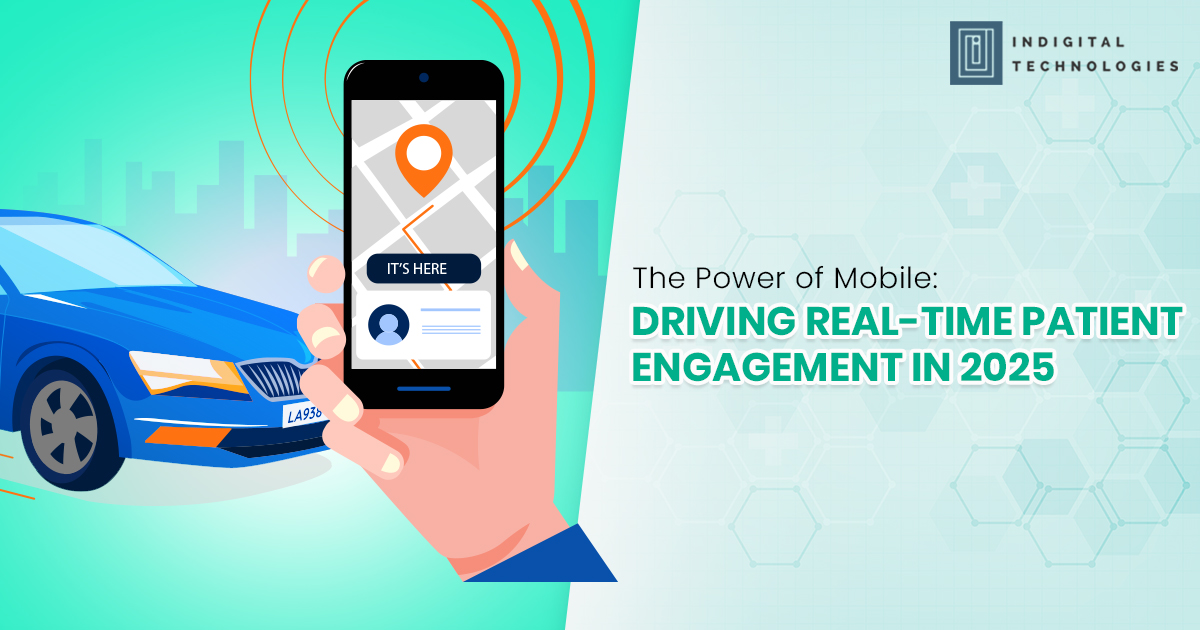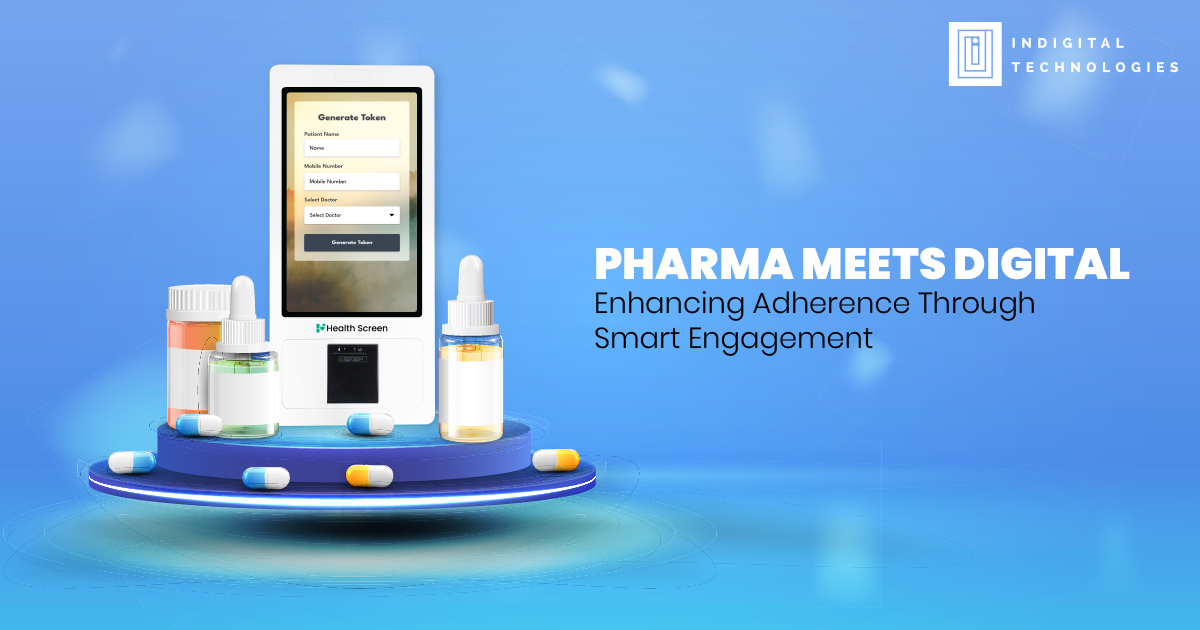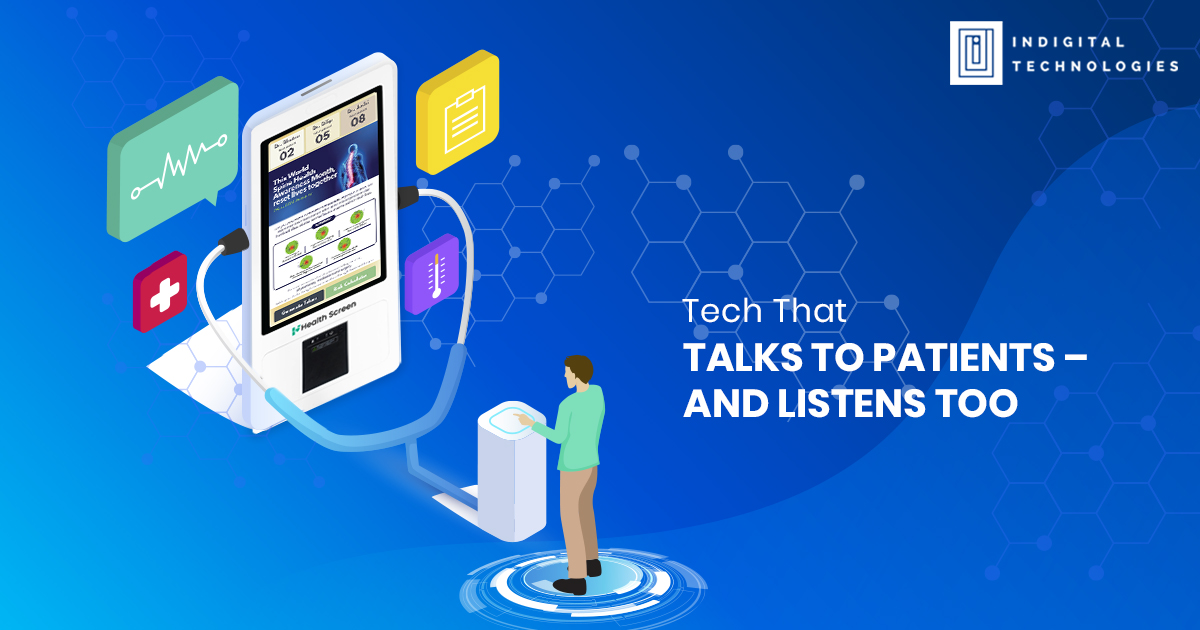Mobile technology is no longer just a convenience — it’s becoming the backbone of modern healthcare delivery. In 2025, real-time patient engagement is being fueled by smartphones, tablets, and wearable devices, fundamentally transforming the way doctors interact with patients and how pharmaceutical companies build trust.
Healthcare providers and pharma managers who embrace mobile-first strategies are not only staying relevant but are also setting new standards for patient-centered care.
Why Mobile Matters More Than Ever
- Pervasive Smartphone Adoption:
Smartphone penetration has reached over 80% globally. In many countries, a mobile phone is more accessible than a traditional healthcare facility. - On-the-Go Expectations:
Patients expect instant, on-demand access to services — whether it’s booking appointments, receiving test results, or getting medication reminders. - Data at Your Fingertips:
Mobile devices allow real-time collection and analysis of health data, empowering both patients and healthcare providers with actionable insights.
Key Advantages of Mobile-Driven Patient Engagement
1. Real-Time Communication
Mobile apps, SMS alerts, WhatsApp messaging, and push notifications enable clinics and pharma companies to engage patients in real-time.
From appointment reminders to personalized health tips, mobile ensures patients stay informed and connected without delay.
2. Personalized Patient Experience
Apps today can customize content based on patient profiles — age, gender, condition history — making education and support highly targeted and effective.
3. Remote Monitoring and Support
Wearables and health apps sync real-time data like heart rate, glucose levels, and medication adherence.
Doctors can remotely monitor patients and intervene proactively if red flags arise.
4. Seamless Access to Telemedicine
Mobile devices bridge the gap between patients and healthcare providers through video consultations, prescription renewals, and even digital therapies — all without leaving home.
How Doctors Benefit
- Reduced No-Shows:
Mobile reminders drastically cut down appointment no-shows, improving clinic efficiency and revenue. - Stronger Patient Relationships:
Ongoing mobile communication fosters deeper trust and better continuity of care. - Efficient Follow-Ups:
Post-visit surveys, medication adherence check-ins, and lab result sharing can all be managed easily via mobile apps.
How Pharma Brands Benefit
- Better Adherence and Outcomes:
Mobile-based therapy reminders and educational modules ensure that patients stick to prescribed treatments. - Enhanced Real-World Data:
Mobile surveys and app usage provide pharma companies with valuable insights into drug performance and patient behavior. - Strengthened Brand Loyalty:
Brands offering value beyond the pill — like digital education or support tools — position themselves as true healthcare partners.
Case Study Highlight: Mobile Engagement Success
A leading diabetes management app partnered with endocrinologists to offer personalized coaching and medication tracking. The result?
Patients using the app were 45% more likely to maintain healthy blood sugar levels compared to non-app users.
This underscores how mobile engagement translates into real-world clinical improvements.
Looking Ahead: Mobile Is Just the Beginning
As 5G networks expand and AI capabilities within smartphones grow, mobile healthcare tools will become even more powerful — offering predictive analytics, hyper-personalized care journeys, and integrated health ecosystems.
For doctors and pharma managers, now is the time to invest in mobile-first patient engagement strategies that are scalable, secure, and user-friendly.
In 2025, the power to engage, educate, and empower patients fits right in the palm of their hand.
Are you harnessing it yet?




